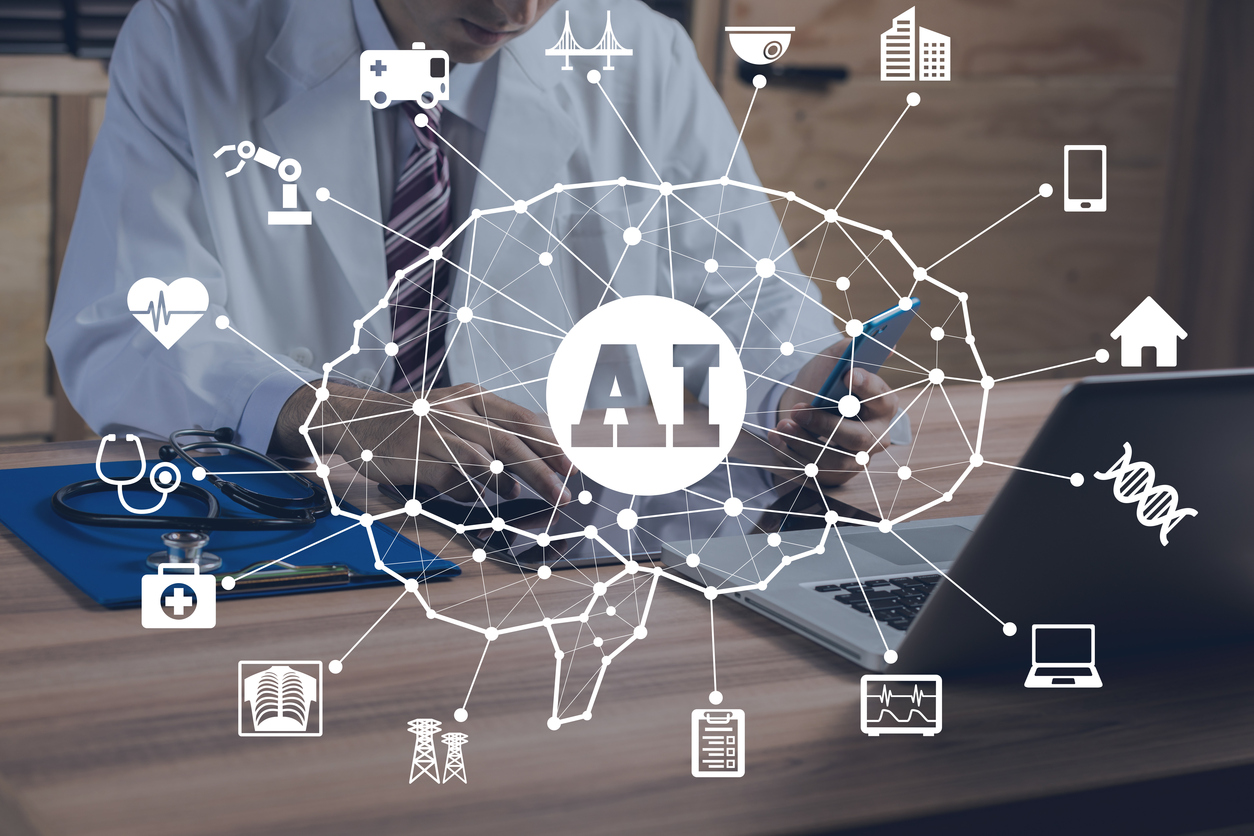Merck KGaA signs another AI deal

Merck KGaA is doubling down on AI through a new collaboration agreement with tech firm Iktos, using its generative modelling technology to speed up the discovery and design of promising new compounds.
Iktos’ AI tech, which is based on deep generative models, automatically designs virtual novel molecules that have desired activities for treating a given disease.
The company says that this tackles one of the key challenges in drug design: rapid identification of molecules which simultaneously satisfy multiple drug-like criteria for clinical testing.
The technology is already established in other fields, such as image processing and automatic translation, but has only recently been applied to chemistry.
“This agreement is another illustration of how we aim to enrich our discovery engine with strategic technology-focused collaborations,” said Belén Garijo, member of the executive board and CEO of healthcare at Merck. “Artificial intelligence is emerging as a pillar in the biopharmaceutical R&D model, giving us exponential opportunity to complement our existing expertise with further speed and better precision. For patients, this could mean faster access to novel treatment options.”
This is Merck’s second foray into AI in the space of a few months: late last year the German firm began a year-long licensing agreement with Canadian R&D company Cyclica using AI to uncover new drug targets and predict any side effects.
While traditional development of small molecule drugs focuses on specific, disease associated protein targets, Cyclica’s approach tries to factor in the dozens, and perhaps hundreds of other interactions that can occur before it is eliminated from the body.
As the technology can model how a small molecule will interact with any known protein, it can help identify desirable ‘on-target’ interactions, as well as ‘off-target’ adverse effects elsewhere.
Merck is just one of many companies collaborating with AI firms to enhance their drug discovery efforts, and the tech is now becoming ubiquitous across the industry.
Recently Novo Nordisk signed a deal with UK biotech e-Therapeutics to use its AI-based drug discovery technology to find new therapies for type 2 diabetes.
Meanwhile InveniAI has joined with Kyowa Hakko Kirin to find new uses for drugs already in the pipeline at the Japanese pharma.
And Merck’s German rival Bayer is also looking to improve patient safety data monitoring using AI. The company signed a multi-year contract with Genpact for use of its Pharmacovigilance AI products.











